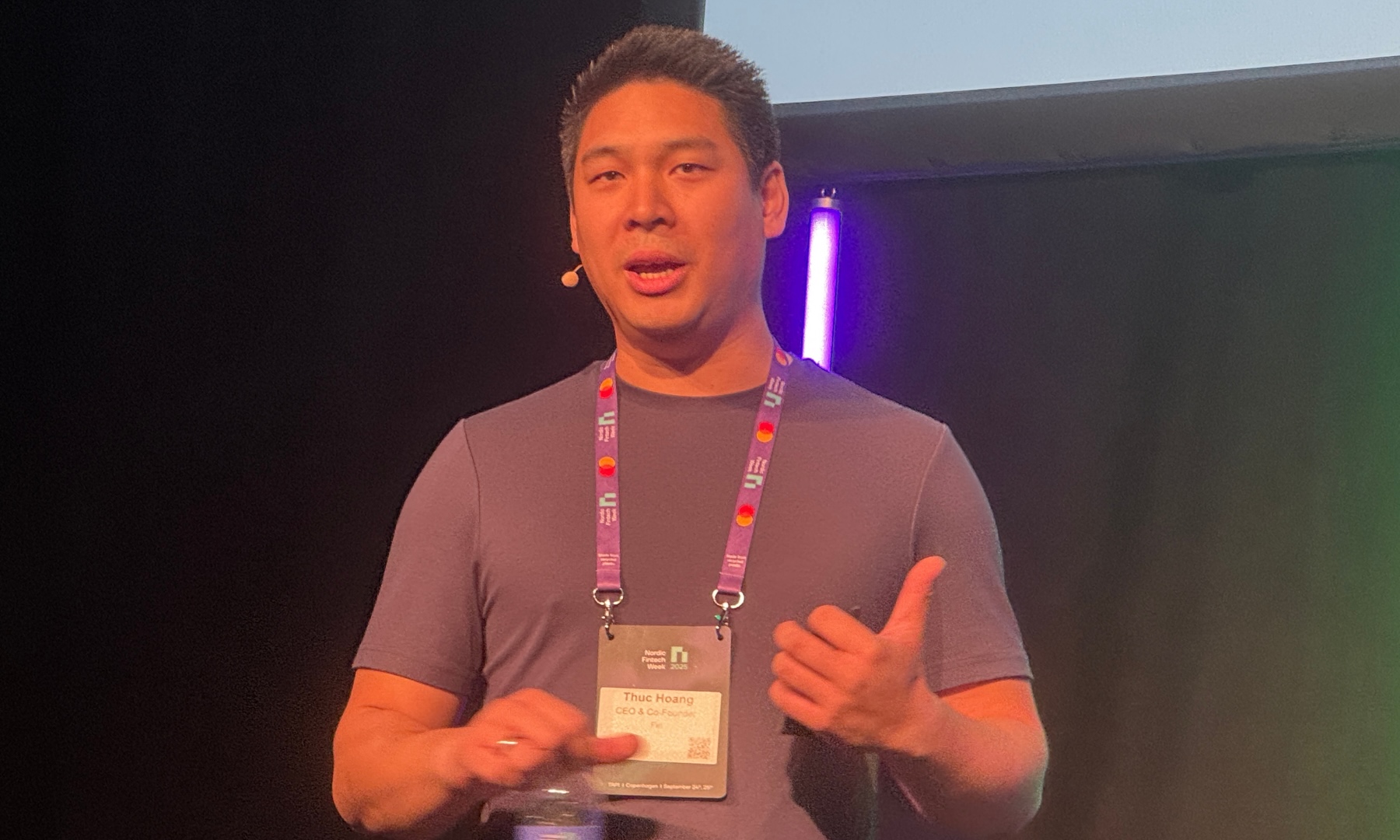Thuc Hoang, who leads Firi — the largest Nordic cryptocurrency exchange — says that traditional finance and decentralized finance will coexist and play vital and complementary roles in the future financial ecosystem.

This was the key message from Thuc Hoang, CEO of Firi, when invited to speak about the evolving relationship between cryptocurrency and traditional finance at the Nordic Fintech Summit in Copenhagen in the end of September. He also said that DeFi’s transparency and innovation can enhance TradFi’s robust infrastructure and regulatory trust.
In his speech, Hoang offered important advice to banks navigating this evolving landscape:
Hoang also suggested possible new roles for banks in this evolving ecosystem:
Firi’s CEO underscored that while crypto startups like Firi can move quickly to meet user demands, collaboration with banks is essential. Banks bring authority, regulatory experience, and the ability to manage risks—a combination that will help scale crypto adoption safely.
Hoang illustrated this vision through Firi’s own growth, now handling over one billion euros in trading volume in 2024, serving more than 380,000 customers across the Nordics. Their platform integrates features such as real-time crypto tax calculations and staking services, representing the new wave of user-centric finance where DeFi "Lego blocks" power seamless financial products behind the scenes.
Hoang expressed hope for more banks to embrace crypto properly, pointing to early examples like Lunar and emphasizing the importance of cooperation rather than competition.
Thuc Hoang highlighted that many Nordic banks are hesitant to be first movers in crypto services, preferring to observe and learn from others before adopting. This cautious stance, while seemingly a pitfall, actually offers fintech startups like Firi an advantage. As Hoang explained, banks' reluctance creates a “waiting game,” allowing agile fintech firms to innovate and capture market share while traditional banks are still strategizing their entry into crypto. This dynamic offers a strategic window for fintechs to establish trust and develop user-centric products, positioning themselves as complementary to rather than competitors of storied banking institutions.
Hoang was candid about the risks inherent in crypto, such as yield farming scams and bad actors taking shortcuts. He contrasted these activities with regulated firms that prioritize compliance, transparency, and security. This honest perspective underscores the importance of regulation and adherence to standards to build long-term trust. Hoang emphasized that sustainable crypto growth depends on responsible practices—a message that resonates with the ongoing regulatory developments across Europe, including the upcoming MiCA regulation, which aims to mitigate systemic risks and foster more secure market conditions.
Hoang advocates for a future where decentralized finance (DeFi) does not displace traditional finance but coexists, each with a vital role. He urged banks to see themselves as strategic partners—providers of infrastructure, regulators, risk managers, and trust anchors. This cooperation approach is crucial for the long-term acceptance and scaling of crypto within mainstream finance. Hoang’s vision emphasizes that collaboration rather than competition will best serve clients and foster innovation.